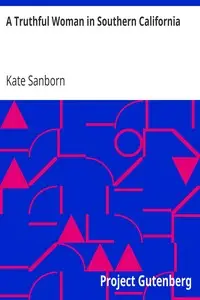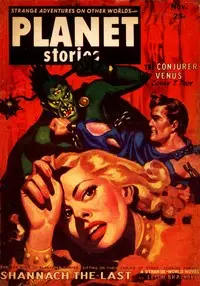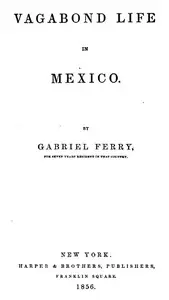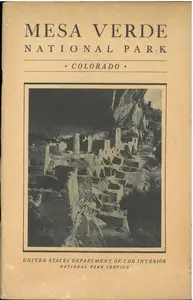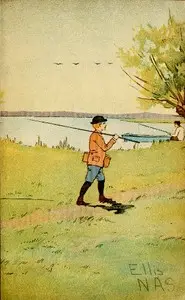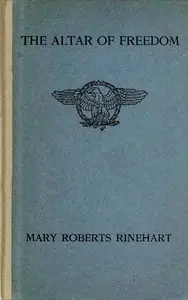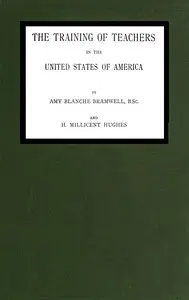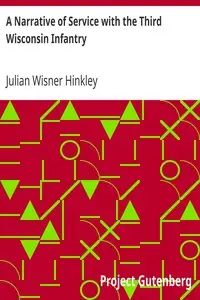"Right on the Scaffold, or The Martyrs of 1822" by Archibald Henry Grimké is a historical account written in the early 20th century. The book centers around the life of Denmark Vesey, a formerly enslaved man who became a key figure in a failed slave uprising in Charleston, South Carolina, in 1822. Through its narrative, the book explores themes of oppression, resistance, and the quest for freedom within the context of slavery in America. In this gripping portrayal, Grimké outlines Denmark Vesey's journey from enslavement to freedom and his subsequent role as a leader advocating for liberation among his fellow Black compatriots. The narrative delves into Vesey's frustrations with the limited freedoms he attained and the unyielding injustices faced by his community. Following years of underground agitation, Vesey devised a plan for insurrection, aiming to overthrow the oppressive system. However, the plan ultimately collapsed due to betrayal, leading to the execution of Vesey and several of his associates. Through this account, Grimké not only narrates historical events but also highlights the broader emotional and social ramifications of the struggle for emancipation in American history. (This is an automatically generated summary.)

Right on the Scaffold, or The Martyrs of 1822 The American Negro Academy. Occasional Papers No. 7
By Archibald Henry Grimké
"Right on the Scaffold, or The Martyrs of 1822" by Archibald Henry Grimké is a historical account written in the early 20th century. The book centers ...
Archibald Henry Grimké was an African-American lawyer, intellectual, journalist, diplomat and community leader in the 19th and early 20th centuries. He graduated from freedmen's schools, Lincoln University in Pennsylvania, and Harvard Law School, and served as American Consul to the Dominican Republic from 1894 to 1898. He was an activist for the rights of Black Americans, working in Boston and Washington, D.C. He was a national vice-president of the National Association for the Advancement of Colored People (NAACP), as well as president of its Washington, D.C. chapter.







